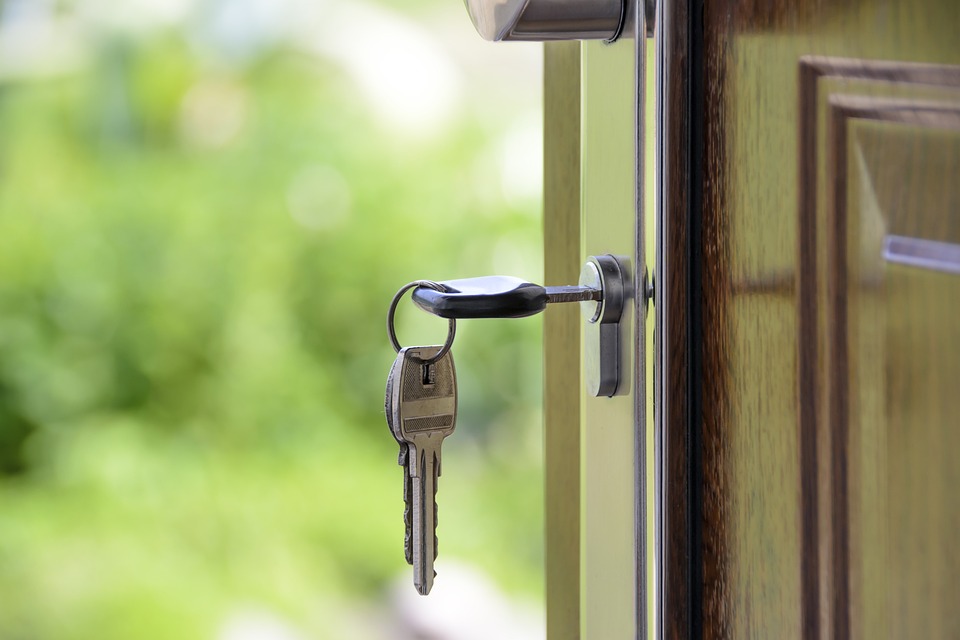Running a real estate company can bring in a lot of money. However, gaining the money necessary for an investment property might take time. Real estate professionals who know how to leverage, or borrow money to buy a home, might avoid the waiting period.
Go through the article to Learn more about leveraging in real estate.
For real estate investors, what does leverage mean?
Leverage is using borrowed funds to raise the value or profit of your real estate holdings. Like buying a typical home, you pay a percentage of the purchase price when investing in real estate. This type of investment is unique because it focuses on maximizing possible profits.
From the moment you purchase your property, you are a homeowner. Despite only contributing a modest amount, you enjoy all the benefits of owning. So you can see the greater income possibilities when you apply this thinking on a larger scale. For instance, you could use a home equity loan or line of credit from one property to buy another.
How does real estate leveraging operate?
The steps involved in real estate leverage are:
- You use the down payment and borrowed funds to purchase the home (or properties).
- A specific dollar sum is either added or subtracted from the home’s worth.
- Renting out the property will allow you to make money in the interim.
- To buy more property, you get low-interest loans secured by the property.
- To generate income, you resell the appreciating property.
Who requires leverage?
Investors in real estate who can pay cash outright may not require borrowed funds, but they may still employ leverage to expand their holdings more quickly. Real estate is frequently leveraged to meet one of two needs:
- You desire to purchase several properties at once.
- You want to invest in higher-value rental properties not within your current budget.
You can fetch more money when you sell the house back after your investment appreciates. This phenomenon is referred to as property appreciation in real estate investing. On a $500,000 home, a 5% appreciation rate is substantially better than on a $50,000 property.
Benefits of using real estate as leverage
Expand your real estate holdings more quickly
Leveraged real estate means you don’t need to save significant money to purchase new homes. Instead, all you need is the appropriate loan and a security deposit. From there, you can use this method to own numerous properties so long as you have the money for the monthly payments. This can also aid your diversification if you consider using real estate ownership as an investment plan. You might desire to own properties, including residential and business ones, or ones spread out across the country. Be sure to check sites like the California Housing Council as well.
Increase your rental income
Most people who possess leveraged real estate lease it out so that the payments cover their bills and some profit margin.
For instance, you might wish to purchase real estate in a college town to lease to students who live off-campus. Or a Main Street storefront that a small business can rent. Or a home in a lovely holiday location to let short-term visitors rent. When you research and learn more about different properties, you can decide which is the best to invest in.
Protection from inflation
Your dollars lose value over time when there is a lot of inflation. You lose purchasing power at the expense of higher pricing for products and services. Even when purchasing the same things, you might notice hyperinflation when your shopping cost increases.
However, having assets like real estate might shield you from inflation. A $200k mortgage, for example, is a set sum that won’t rise in value due to inflation. No matter how much the dollar has decreased, you will still have to make the same monthly bill. Real estate tax planning is also an important aspect to consider when investing in leveraged real estate as it can help you save money on taxes and maximize your profits.
How To Leverage One Property To Buy Another
Property investment gets extremely interesting and profitable when your existing properties can help you purchase other properties. By leveraging, you can increase the potential reward, buy more properties, and scale your portfolio.
For example, suppose you purchase two properties worth $100,000 through a $30,000 deposit and 70% leverage on each. In that case, you can consider buying in an investment hotspot. This would mean you can expect your investment to grow by almost 20% over 5 years and get an additional $40,000 equity across the two original properties you purchased.
You can also remortgage, take $30,000 from this equity, and then purchase a third property for $100,000. This will further add to your income and increase your capital growth without needing to place another large sum from your pocket.
Cons Leveraging Many Properties
Although it may sound like a brilliant investment plan, there are a few cons to leveraging many properties. The problem gets even more complicated when multiple units get involved, as you may want to put down as little money as possible as an investor. The goal is to leverage your money by taking control of 100% of the asset while only putting down money for around 20% of the value. For example, if you purchase an apartment worth $500,000 with $100,000 as a downpayment and the value decreases by 30%, the property will only be worth $350,000. However, you will still need to pay interest and principal on the full value of the $400,000 loan you took.
Since the rent you will get will also be in decline, you may be forced to use the cash flow from the property to pay the mortgage on other properties and create a loss of income. This can produce a domino effect leading to your entire portfolio ending in foreclosure over one property with a bad loan.
The Dangers of Leverage
One of the dangers of leveraging in real estate is the market, which changes significantly every day. Suppose you purchase a property, and the market price falls significantly. In that case, you can end up owing more money than the property is actually with. If you have such a property, you will need to lower the rent too, which could mean that you will have to rent out a property at a cost that will not cover the mortgage and other expenses.
Conclusion
Knowing how real estate leverage operates is crucial if you aspire to become a real estate tycoon one day. In a perfect world, utilizing leveraged real estate may help you expand your property portfolio more quickly and increase your rental income.




